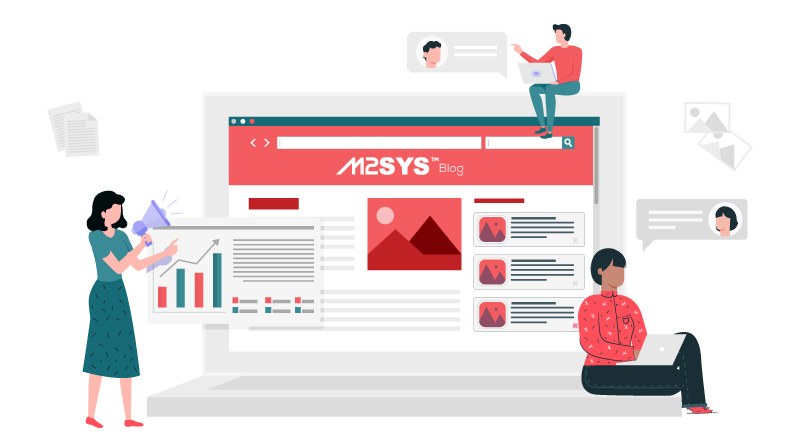7 Rules to Follow in Co-working Spaces
The rise of the shared working model has brought co-working spaces and flexible offices to almost every major city across the globe, with numerous providers vying for attention by offering great amenities, useful perks, and free trial periods. Atlanta serves as a prime example of a city that has embraced the shared office model, as evidenced by Downtown Atlanta’s fast-growing co-working scene that serves as the home for businesses of all shapes and sizes. Recent years have seen the expansion and maturation of these types of spaces, with co-working hubs now rivalling the most luxurious workspaces by presenting themselves as an oasis in the desert of traditional offices. This expansion has been bolstered by eye-catching custom branding, modern office décor, and world-class facilities located in highly sought-after business districts. However, this rapid growth has posed some challenges that can directly be tied to the lack of a common code of conduct across all co-working spaces and the negative actions of certain occupants.
When working in a shared office, there are certain dos and don’ts that can make the co-working experience enjoyable and productive for everyone involved. In this post we outline some useful etiquette guidelines for shared office workers and co-working users, designed to ensure a smooth and collaborative working experience.
What Should You Bring?
This depends on the type of work you do, whether you require any special equipment, and what tools are available at the co-working space. Ideally, you should only bring what you need to get your work done to avoid taking up space and cluttering other people’s work area (see below under “Respecting other users’ personal space”). It’s also highly recommended that you plan for what you’ll need in advance, to ensure that you’re not consistently asking to borrow pens, USB drives, cables, phone chargers, etc.
What Should I Do with Personal Belongings?
Unfortunately, theft is a possibility in shared offices, so it’s important to be familiar with the security measures in place and how best to cooperate with them. If you need to pop out of the office and can’t take your personal belongings with you, you can use lockers and other storage areas that are common in co-working spaces or, alternatively, ask another occupant to keep an eye on your things until you return. It’s also important to note that you should be open to reciprocating the favour when asking someone to look after your belongings.
Food in Co-working Spaces
Shared kitchen facilities are a common feature in co-working spaces. The general rule of thumb is to “clean as you go”. When it comes to leaving food in shared fridges and cupboards, a good practice is labelling your food with your name – and not assuming that unlabelled food or beverages are automatically free for the taking.
If possible, avoid eating food with a strong smell or eating loudly in the main work area. Don’t be the person who loudly eats tuna in the middle of the office!
Noise Levels
The average number of users per co-working space is 185, and while not everyone will be in the office at the same time, everyone plays a role in keeping noise levels down as much as possible.
Generally speaking, you should try to ensure that other workers don’t have to hear what you’re doing, whether that be taking a phone call, talking about what you did on the weekend, watching a video, listening to music, or making a video conference call. Show common courtesy by using headphones, putting your phone on silent mode, and keeping conversations short or taking them to dedicated spaces such as break areas, meeting rooms, or lounges.
Bringing in Guests
If you’re receiving visits from friends or clients, make sure that you meet with them away from the main workspace to avoid distracting others. Most co-working spaces have dedicated areas to allow occupants to catch up with guests, these areas include the kitchen or coffee lounge, reception area, breakout spaces, or even official meetings rooms that require booking in advance.
Respecting the Personal Space of Others
Shared offices are meant to promote an informal work environment that aims to foster a collaborative and social environment. However, it’s still important to respect the personal space of others and not to crowd the workspace.
You should also keep in mind that it may not always be a good time to strike conversation with others, as this could be perceived as an invasion of personal space. Usually, someone using headphones or keeping to themselves wants to be left alone to complete their work in privacy.
In hot desk arrangements, workstations may not be clearly outlined, so be mindful of inadvertently taking over your neighbour’s space with your personal belongings. Always keep your work area neat and never use an unreasonable amount of desk space.
How to Respectfully Network with Others
Shared workspaces promote a sense of community and offer opportunities to network with other professionals. While it’s important to show common courtesy and interact with others, you don’t want to be intrusive. If you meet another co-worker at a communal space, a good strategy is to greet them and wait for their response instead of imposing conversations or giving unsolicited advice.
To build new connections, it’s best to use the scheduled networking sessions, social evenings, or any of the other events that many co-working spaces include in their membership plans. Alternatively, you can host your own networking event and send invitations to all co-workers.
These suggestions can help you get the most of your time at a co-working space and contribute to creating a safe, respectful, and considerate work environment.










